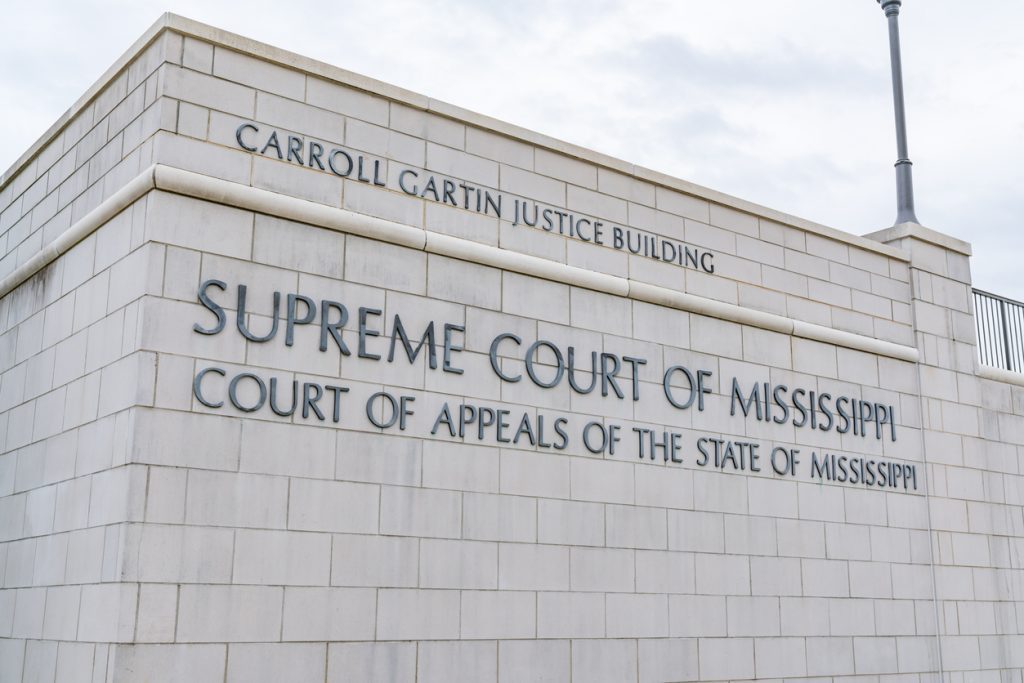In Florida, discovery in breach of contract actions usually centers around the mystical “claim file” which insurers guard more closely than their first born child. As most who read this blog already know, the “claim file” has been held to be generally protected by Florida courts, and usually undiscoverable in a breach of contract action.
Unfortunately for the policyholder, no such privilege exists for their documents. Unlike an insurer, a condominium association cannot make broad claims that everything created as a result of a claim is protected. As I mentioned last week in The Cooperation Clause and Document Production: A Condominium Association’s Difficult Task, document production is a very intensive process, especially for an association with hundreds of thousands of pages of information to sort through. Even a small and innocent mistake could lead to an insurer screaming from the rooftops and attempting to void an otherwise valid claim.
For condominium associations in particular, many times attorneys become involved in an insurance claim from the very beginning. In many instances, the independent or insurance adjuster is moved to the side early in the process and replaced by the insurer’s attorney, who ends up directing the adjustment and making the final determination of coverage.
For many years, insurers have claimed that all of the work that these attorneys performed in the adjustment of the claim was privileged because of the work product and attorney-client privilege. When insurers acted in bad faith by denying valid claims, the insurer could refuse to produce relevant documents which reflected this improper behavior during the bad faith litigation.
Fortunately, Florida courts caught on to this tactic and have stopped the insurer’s attempts to improperly hide its bad faith conduct by invoking attorney-client and work product privilege on materials in the claim file.
The Florida Supreme Court’s ruling in Allstate Indemnity Co. v. Ruiz, 899 So. 2d 1121 (Fla. 2005) set the precedent in preventing insurer’s from concealing bad faith activities with claims of privilege. Specifically, Ruiz overruled previous case law and found that work product documents created in the breach of contract action were part of the claim file and must be turned over in subsequent bad faith litigation.
There has been some debate over whether the Court’s ruling in Ruiz prevented insurers from relying on attorney-client privilege to keep from producing documents related to the underlying breach of contract action or adjustment process.
This was the exact question which Sandalwood Estates Homeowner’s Association recently faced in the Southern District Court of Florida. After Hurricanes Frances and Wilma, Sandalwood suffered significant damages. When the insurer did not promptly pay the full amounts due under the policy, the parties proceeded to appraisal. The result of the appraisal was an award of around $5,000,000 more than was originally offered by the insurer.
Sandalwood filed suit alleging that the insurer had acted in bad faith in handling the insurance claims. During the discovery phase of the lawsuit, the insurer claimed that many of the documents requested did not have to be produced because they were protected by the attorney-client privilege.
The District Court disagreed, holding that while the documents may have privileges attached to them in a breach of contract action, documents dealing with the handling of the claim were part of the claim file and discoverable in a bad faith action. As the court stated, “…courts in Florida have consistently held that the Florida Supreme Court intended Ruiz to extend to claim file materials that would otherwise be protected by attorney-client privilege.” Sandalwood Estates Homeowner’s Assn’s Inc. v. Empire Indemnity Insurance Company, No. 09-80787, 2010 WL 411088 (S.D. Fla. January 28, 2010)
With the complexity and amount of money involved in condominium claims, there is a growing trend of insurers bringing in attorneys very early in the process. When acting in this capacity, the materials in the claims file should not be privileged simply because the attorney is involved. While this is obviously not the first time a court has found that these documents should be produced, the Sandalwood case is an important victory for condominium associations and other policyholders who are at the mercy of the insurer after a devastating loss.
